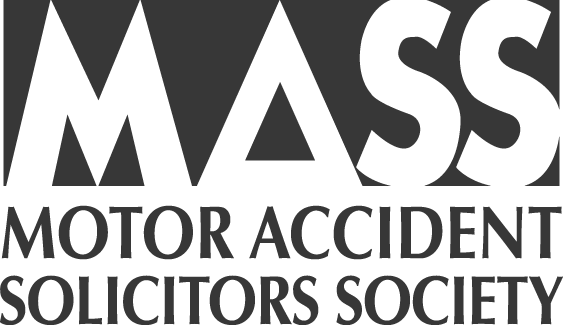The claimants details have been changed but this is indeed a true case
Phil Mulryne, a Personal Injury Lawyer at Ward & Rider Solicitors, acted for Mr F to pursue a claim for personal injuries and consequential losses following a road traffic accident.
Mr F was driving his employer’s lorry when it was hit head on by another vehicle which had driven on to the wrong side of the road.
Initial correspondence was sent to the insurers of the other motorist who advised they could not accept formal liability on behalf of their insured as he advised them that he could not recall the accident circumstances.
The other driver was convicted following criminal proceedings of driving without due care and attention.
Mr F had severe pain in his neck, both knees, his legs and back and was cut across the chest by the seatbelt. He was taken by ambulance to the local A & E Hospital.
Due to Mr F’s injuries he was off work for approximately 10 weeks. He underwent X-rays and scans. It was noted that he had some degenerative changes in his neck and wear and tear in both knees. Mr F had to undergo arthroscopies to both knees. The right arthroscopy was unsuccessful and had to be undertaken again. Mr F underwent physiotherapy treatment to his neck and both knees. It was necessary for Mr F to take further time off work following surgery.
The medical evidence indicated that Mr F would recover from all effects of the accident within a period of 2 years. It was indicated that due to the degenerative changes any ongoing knee symptoms would not be due to the accident.
To include the periods of absence from work following surgery Mr F was off work for around 3 months. During Mr F’s absence from work he was paid his basic earnings but lost overtime. During this time Mr F required help from family members to do his share of housework, gardening and shopping. He was unable to drive and had to rely on family members and friends to take him to and from medical appointments.
The claim was fully set out to the defendants but no proposals were put forward. Court proceedings were commenced and a judgment obtained due to the defendant’s failure to respond formally to the court action.
Subsequently solicitors were instructed to act on behalf of the insurance company who put forward an offer of £15,000 to cover the claim for personal injuries and other losses but no proposals were put forward at that stage for the loss of earnings claim.
This offer was deemed reasonable but a counter offer of £16,000 was put forward by Ward & Rider and this was accepted by the insurance company.
Whilst the offer was put on a global basis, this represented a figure in the region of £14,000 for personal injury damages and £2,000 for other losses.
The loss of earnings claim was disputed. Mr F was paid his basis wage but lost overtime. It was disputed on the basis that whilst Mr F had undertaken overtime before the accident this was not guaranteed and Mr F could not prove that he would have had the benefit of overtime during the period of absence from work and also when he returned. However the defendants put forward an offer of £3,000 for loss of earnings which was rejected. The matter was listed for a trial, although before the trial an increased offer of £6,500 was put forward for loss of earnings which was accepted.
The amount accepted for loss of earnings was less than what had been claimed but represented around 75% of the total claim which was a very good result on the basis of lack of evidence to support post accident overtime.




